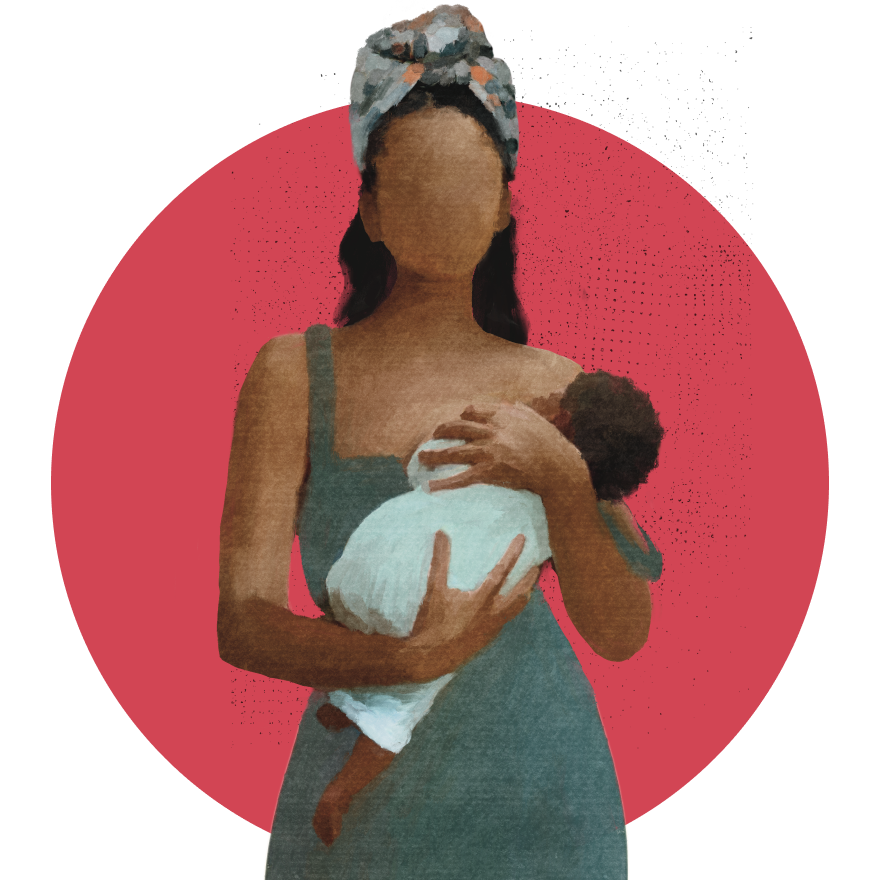Collective Voice

We use our collective voice to influence and hold decision-makers accountable for achieving gender equality.
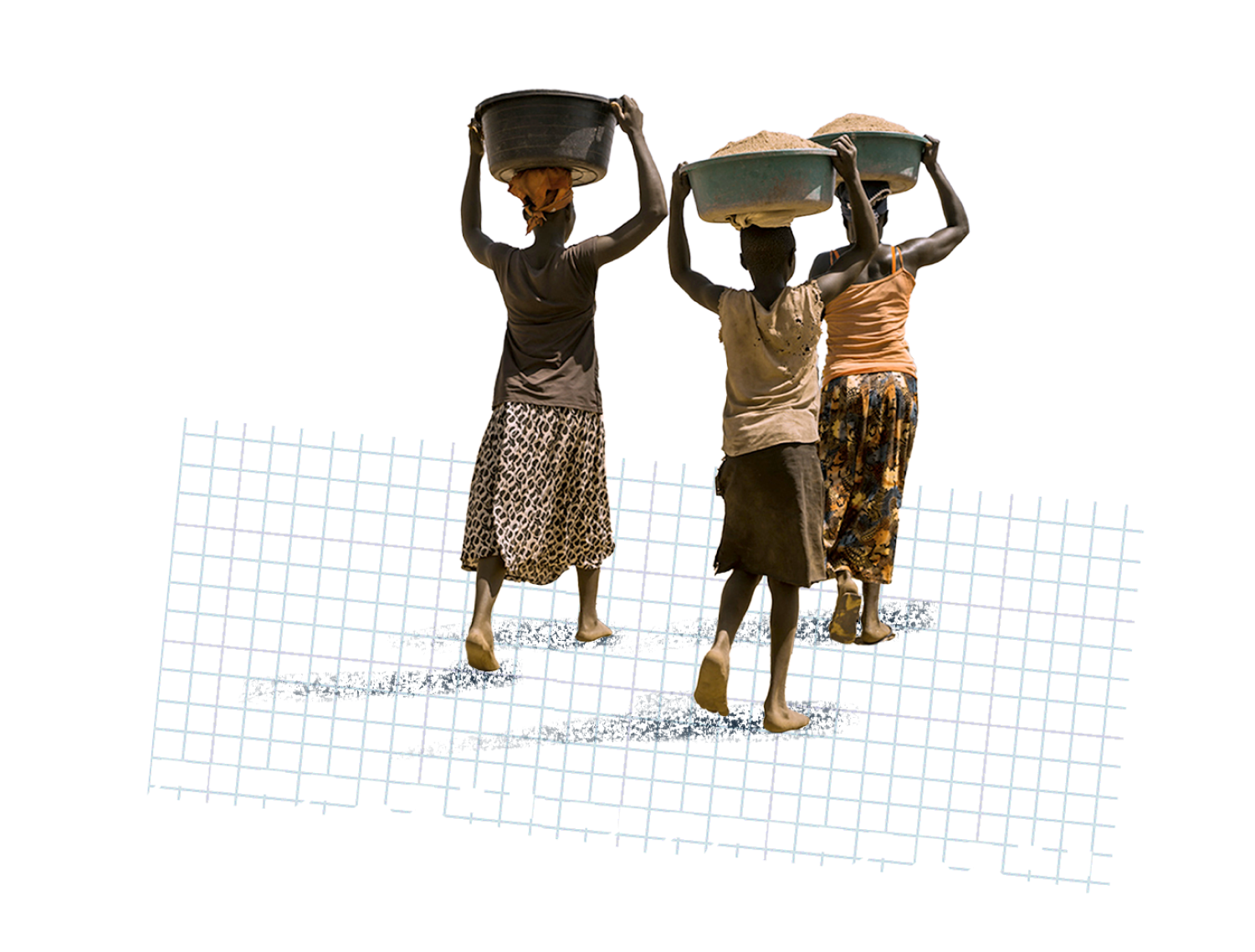
How We Work
- Using the collective voice of our coalition to galvanize support for gender equality from government decision makers and other champions.
- Leveraging regional and global advocacy, communications and event platforms to amplify and support the data-driven advocacy efforts of our national coalition members.
- Distributing funding within and across our coalition to support data-driven advocacy for gender equality by feminist organizations and movements at local and national levels.
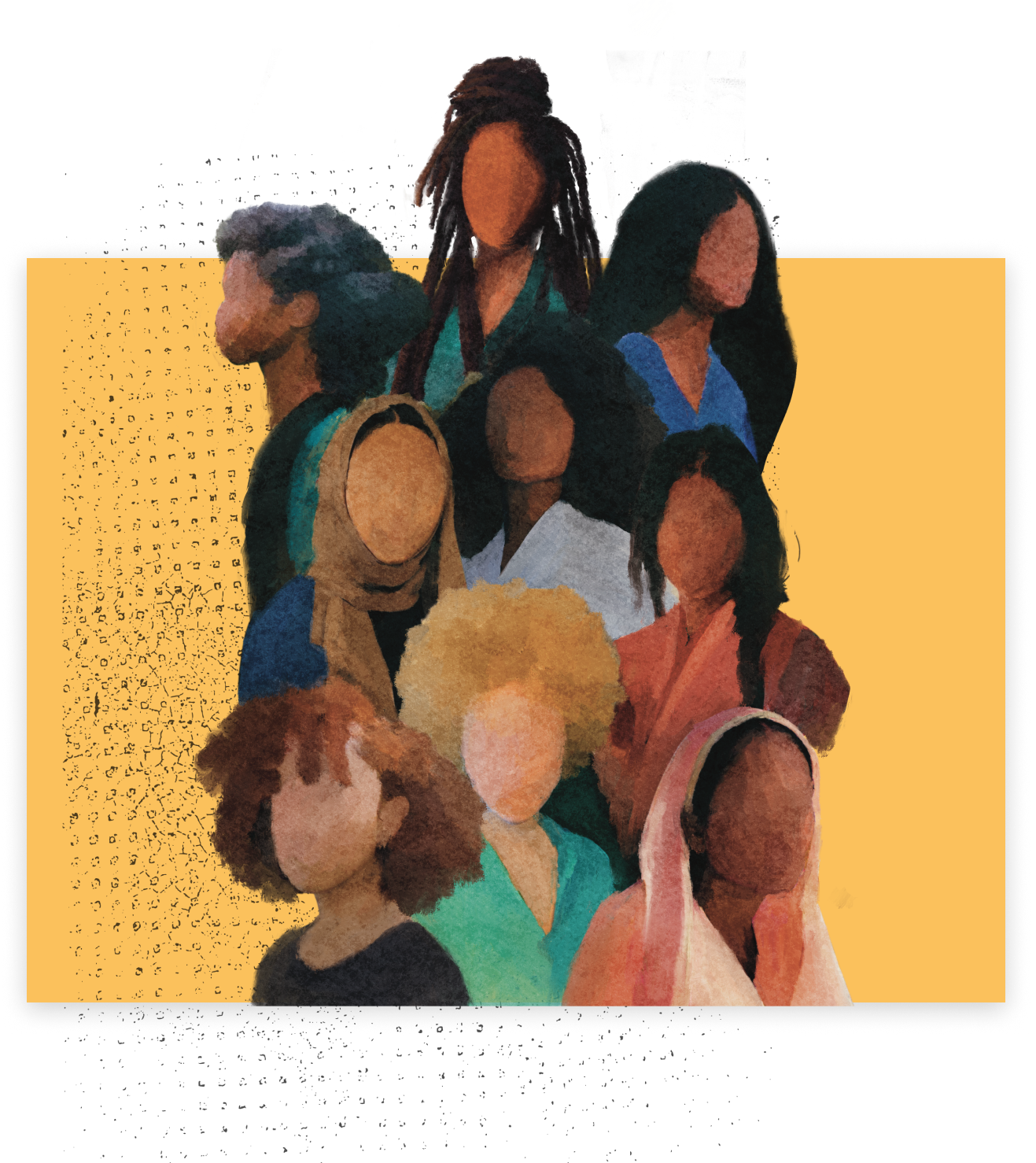
Raising our collective voice
- The EM2030 coalition collectively identifies key moments to use the SDG Gender Index and other evidence to spotlight countries, regions, and issues where data show progress or backsliding and to call for accelerated action toward gender equality.
- At the 2023 Women Deliver Conference, coalition members called for a #GenderEqualFuture through #factivism. We hosted a ‘predict the future’ event, a discussion series, and a bespoke ‘data playground’ where we connected with 1300+ advocates and influencers.
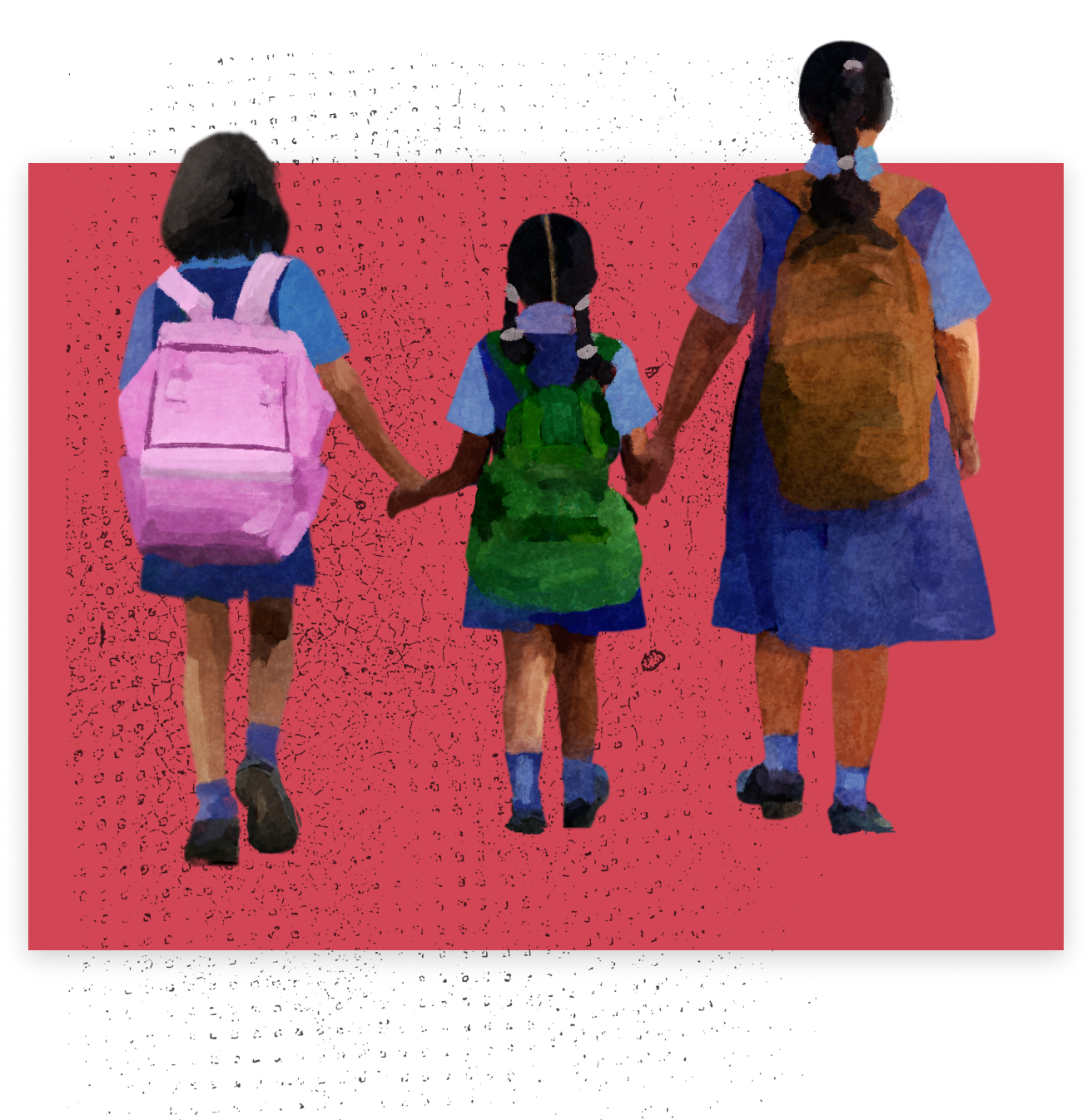
Driving accountability
- The EM2030 coalition calls on governments to recognise and invest in gender equality as a foundation for progress in all areas of sustainable development. We also call for improvements in gender data and for more and better funding for feminist movements to drive sustainable change locally and nationally.
- We’ve collaborated with global thought leaders including in the Bill and Melinda Gates Foundation’s Goalkeepers 2022 report.
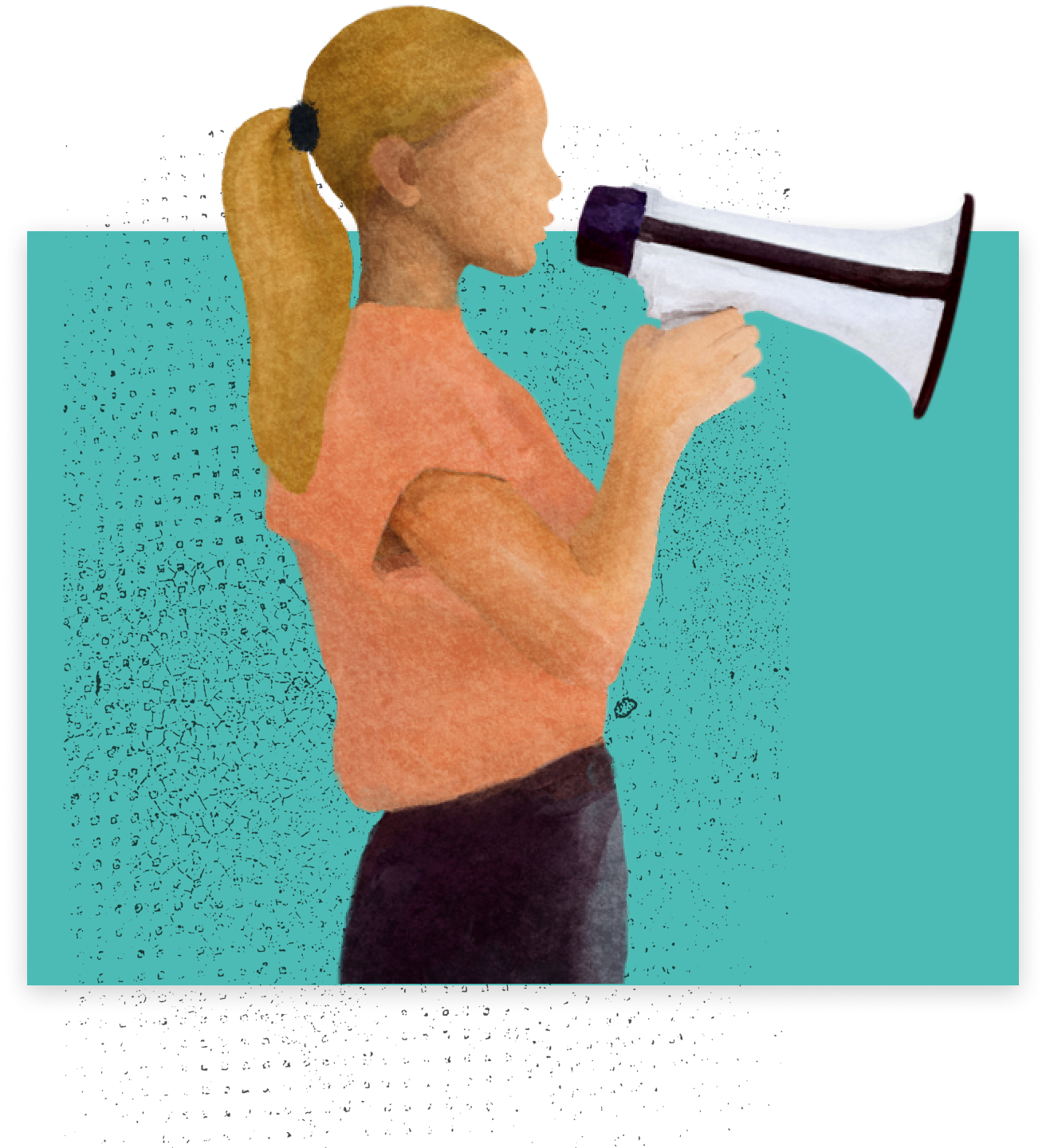
Participatory Grantmaking
- Advocacy takes resources. Since 2017, we have allocated almost 3.5 million $ in outgoing grants to support data-driven advocates. In line with our feminist values to shift power in the funding ecosystem, coalition members are actively and transparently involved in decisions regarding the awarding of grants.
- We have previously carried out grantmaking linked to specific gender equality themes and regions, including girls’ education in emergencies in Burkina Faso and Kenya.
- Between 2020 and 2022, thanks to support from Global Affairs Canada (GAC), we collaborated with partners (Initiative Pananetugri pour le Bien-être de la Femme in Burkina Faso and FAWE Kenya) to map gender data insights and perspectives across the education in emergencies landscapes in each country.
